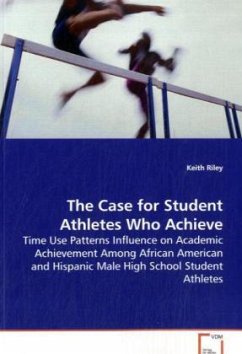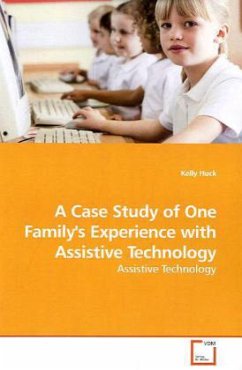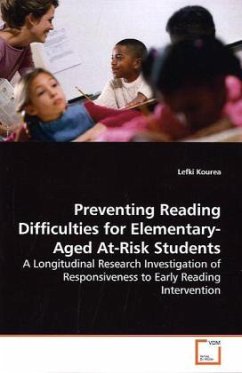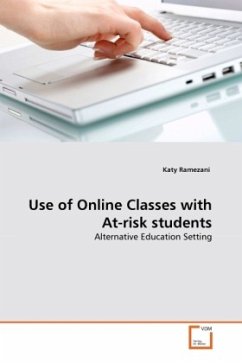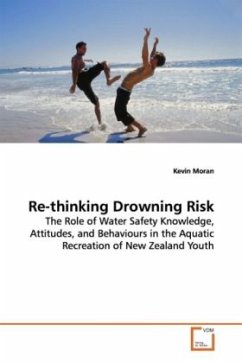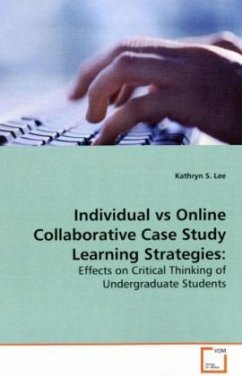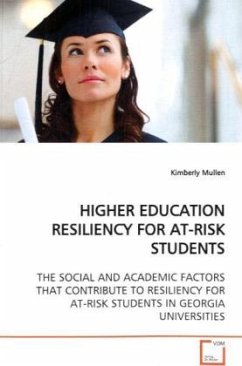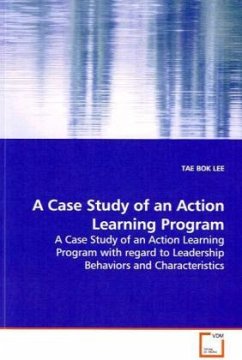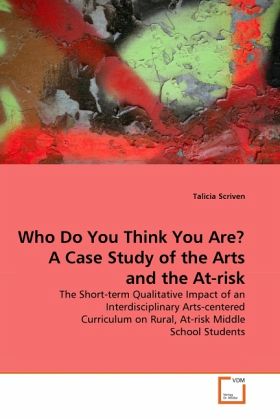
Who Do You Think You Are? A Case Study of the Arts and the At-risk
The Short-term Qualitative Impact of an Interdisciplinary Arts-centered Curriculum on Rural, At-risk Middle School Students
Versandkostenfrei!
Versandfertig in 6-10 Tagen
51,99 €
inkl. MwSt.

PAYBACK Punkte
26 °P sammeln!
This is a descriptive case study that examines the impact of an interdisciplinary, arts-centered curriculum on a group of middle school students at a rural school in Florida. In many areas of this country, the arts either face a threat of deletion from the school curriculum or have already been removed from school curricula altogether. The No Child Left Behind act has resulted in the arts being removed from the school, which has a large student population at-risk of educational failure. The Arts-In-Education grant program, through Florida State University's Center of Educational Research and D...
This is a descriptive case study that examines the impact of an interdisciplinary, arts-centered curriculum on a group of middle school students at a rural school in Florida. In many areas of this country, the arts either face a threat of deletion from the school curriculum or have already been removed from school curricula altogether. The No Child Left Behind act has resulted in the arts being removed from the school, which has a large student population at-risk of educational failure. The Arts-In-Education grant program, through Florida State University's Center of Educational Research and Development, was used to address the problem of poor literacy skills for a single grade-level of children at the middle school by using the arts. By the second year of the grant, Dr. Scriven was given the task of developing a curriculum for the students involved in the study, based on her dissertation idea. Together with co-workers, the Who Do You Think You Are? curriculum was developed and implemented with seventh-grade students. This manuscript entails the outcome of the case study in its entirety.



